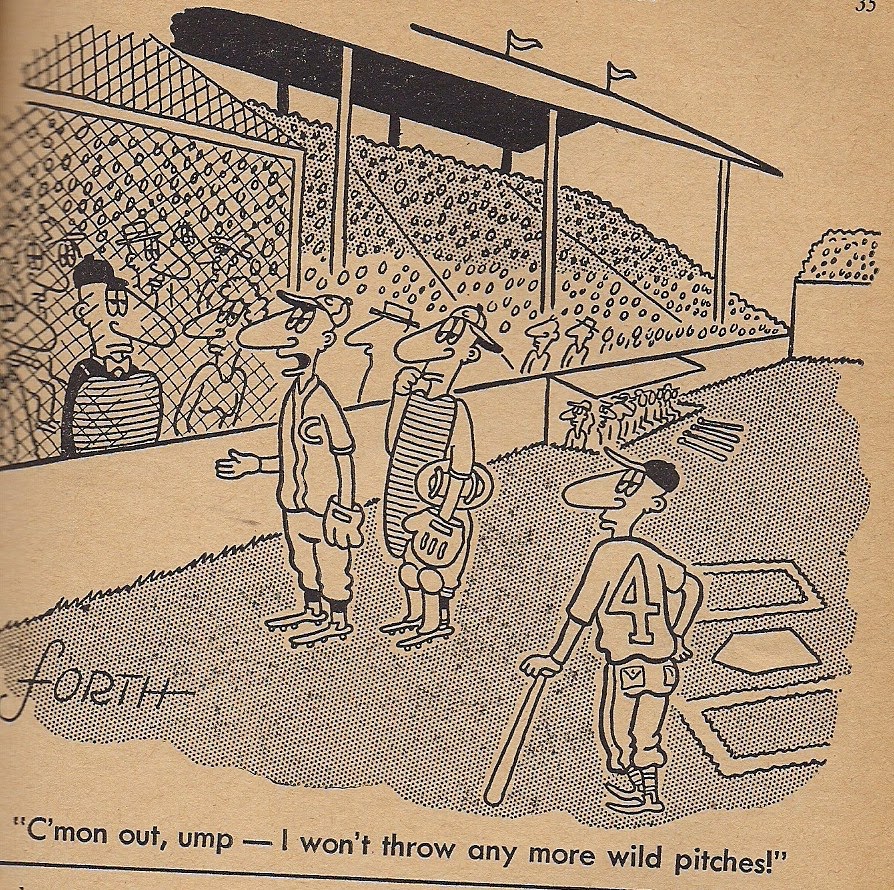Benzadmiral
Call Me a Cab
- Messages
- 2,815
- Location
- The Swamp
Wolf by Wolf sounds intriguing!
I'm rereading Larry McMurtry's Streets of Laredo, the sequel to Lonesome Dove. Oddly for him, it's sometimes slow going, as he jumps around to multiple viewpoints in the same scene. The viewpoint is always clearly labeled, so I'm not confused as to whose thoughts I'm privy to in a given paragraph. But it is an odd technique.
I'm rereading Larry McMurtry's Streets of Laredo, the sequel to Lonesome Dove. Oddly for him, it's sometimes slow going, as he jumps around to multiple viewpoints in the same scene. The viewpoint is always clearly labeled, so I'm not confused as to whose thoughts I'm privy to in a given paragraph. But it is an odd technique.
